Category
Hot Products
-
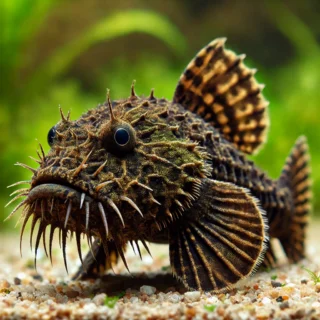 bristlenose pleco For Sale
$199.00
bristlenose pleco For Sale
$199.00
-
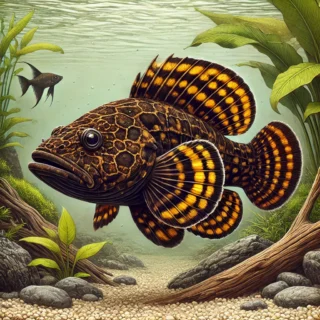 L82 pleco for sale
$100.00
L82 pleco for sale
$100.00
-
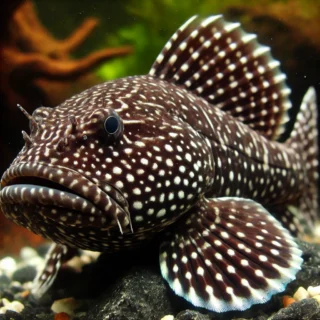 L519 pleco for sale
$100.00
L519 pleco for sale
$100.00
-
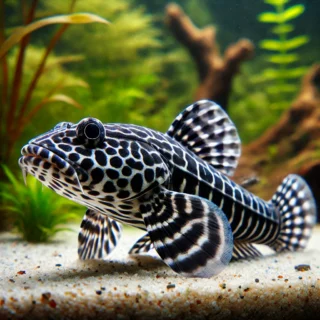 L494 pleco for sale
$100.00
L494 pleco for sale
$100.00
-
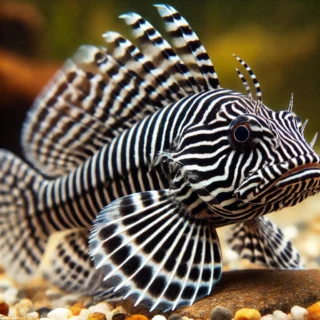 L46 pleco for sale
$100.00
L46 pleco for sale
$100.00
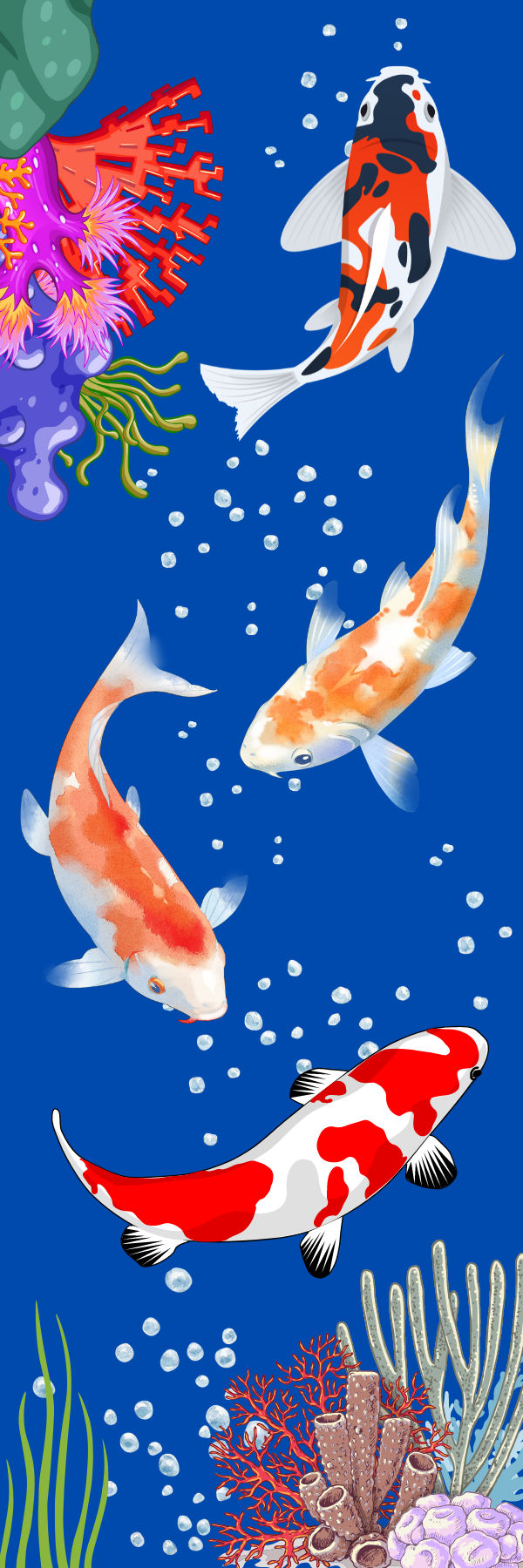
african cichlids for sale
$100.00
“Sed ut perspiciatis unde omnis iste natus error sit voluptatem accusantium doloremque laudantium, totam rem aperiam, eaque ipsa quae ab illo inventore veritatis et quasi architecto beatae vitae dicta sunt explicabo. Nemo enim ipsam voluptatem quia voluptas sit aspernatur aut odit aut fugit, sed quia consequuntur magni dolores eos qui ratione voluptatem sequi nesciunt. Neque porro quisquam est, qui dolorem ipsum quia dolor sit amet, consectetur, adipisci velit,
African Cichlids for Sale: A Comprehensive Guide
African cichlids are a diverse and vibrant group of freshwater fish known for their striking colors and engaging behaviors. They are highly sought after by aquarium enthusiasts around the world. This article will explore everything you need to know about African cichlids, from their natural habitats to tips for purchasing and caring for them, and where to find reputable sellers.
Introduction to African Cichlids
African cichlids are part of the Cichlidae family, which is one of the largest families of fish, comprising over 1,300 species. These fish are primarily found in three major lakes in Africa: Lake Malawi, Lake Tanganyika, and Lake Victoria. Each lake is home to a unique assortment of cichlid species, each with distinct characteristics and adaptations.
Types of African Cichlids
Lake Malawi Cichlids
Lake Malawi is renowned for its incredible diversity of cichlids, with over 800 species identified. These cichlids are categorized into two main groups: Mbuna and Haplochromis.
- Mbuna: These rock-dwelling cichlids are known for their bright colors and territorial nature. Popular Mbuna species include the Electric Yellow (Labidochromis caeruleus) and the Red Zebra (Maylandia estherae).
- Haplochromis: Also known as “Haps,” these cichlids are generally larger and more peaceful than Mbuna. Notable species include the Electric Blue Hap (Sciaenochromis fryeri) and the Venustus (Nimbochromis venustus).
Lake Tanganyika Cichlids
Lake Tanganyika is the second oldest freshwater lake in the world and hosts a variety of unique cichlid species. These cichlids are known for their diverse shapes and behaviors.
- Frontosa (Cyphotilapia frontosa): A large and majestic cichlid known for its distinctive hump on the head.
- Shell Dwellers: Small cichlids such as the Neolamprologus multifasciatus that live and breed in empty snail shells.
Lake Victoria Cichlids
Lake Victoria cichlids are less commonly kept in aquariums but are still fascinating due to their rapid speciation and adaptation.
- Haplochromis spp.: Many species from this lake are critically endangered due to environmental changes and the introduction of the Nile perch.
Why Choose African Cichlids?
African cichlids are popular for several reasons:
- Vibrant Colors: These fish display a wide range of colors and patterns, making them a visual delight.
- Active and Engaging: African cichlids are active swimmers and exhibit interesting behaviors, such as mouthbrooding.
- Hardy and Adaptable: Many African cichlids are robust and can adapt to a range of water conditions, making them suitable for various aquarium setups.
Setting Up an Aquarium for African Cichlids
Properly setting up an aquarium is crucial for the health and well-being of African cichlids. Here are the key considerations:
Tank Size
- Minimum Size: A 55-gallon tank is recommended for beginners, especially if housing Mbuna, due to their territorial nature.
- Larger Tanks: Larger tanks (75 gallons and above) are ideal for mixed species or larger cichlids like Frontosa.
Water Parameters
- pH Level: African cichlids prefer alkaline water with a pH between 7.8 and 8.6.
- Temperature: Maintain a stable temperature between 75°F and 82°F.
- Hardness: Water hardness should be between 10-20 dGH.
Filtration and Water Quality
- Strong Filtration: African cichlids produce a lot of waste, so a high-quality filtration system is essential.
- Regular Maintenance: Perform regular water changes (20-30% weekly) to maintain water quality.
Aquascaping
- Rocks and Caves: Provide plenty of hiding spots and territories using rocks and caves, especially for Mbuna species.
- Substrate: Use sand or fine gravel as the substrate, as many cichlids enjoy digging.
Choosing the Right African Cichlids
Selecting the right African cichlids involves considering compatibility, size, and personal preference.
Compatibility
- Species Compatibility: Some species are more aggressive than others. Research compatibility to avoid conflicts.
- Male-to-Female Ratio: Maintaining a proper male-to-female ratio can reduce aggression. A common ratio is 1 male to 3-4 females.
Size and Growth
- Juveniles: Buying juvenile cichlids allows you to watch them grow and adapt to their environment.
- Adult Size: Be aware of the potential adult size of the cichlids to ensure your tank can accommodate them.
Purchasing African Cichlids
When purchasing African cichlids, it is essential to buy from reputable sources to ensure the health and quality of the fish.
Local Fish Stores
Local fish stores (LFS) are a common source for African cichlids. Advantages include:
- Direct Observation: You can observe the fish before purchasing.
- Expert Advice: Staff can provide valuable advice on care and compatibility.
Online Retailers
Buying African cichlids online offers a wider selection and convenient home delivery. Reputable online retailers include:
- LiveAquaria: Known for a wide variety of healthy African cichlids and excellent customer service.
- Blue Zoo Aquatics: Offers a diverse selection of cichlids and detailed care information.
Breeders and Auctions
- Breeders: Purchasing directly from breeders can ensure high-quality, healthy fish with known lineage.
- Auctions: Fish clubs and online platforms sometimes host auctions where you can find rare and unique cichlids.
Reputable Sellers and Resources
Websites
- Aquabid (www.aquabid.com): A popular auction site for buying and selling fish, including African cichlids.
- The Cichlid Shack (www.thecichlidshack.com): Specializes in African cichlids, offering a wide range of species and expert advice.
Forums and Communities
- Cichlid-Forum (www.cichlid-forum.com): A comprehensive resource for cichlid enthusiasts, including forums, articles, and species profiles.
- African Cichlid Hub (www.africancichlidhub.com): Dedicated to African cichlids, this site offers care guides, forums, and a marketplace.
Caring for African Cichlids
Proper care ensures that your African cichlids thrive in their new home.
Feeding
- Diet: African cichlids are omnivores, but their diet should be tailored to their specific needs. High-quality pellets or flakes, supplemented with fresh vegetables and occasional live or frozen foods, are ideal.
- Feeding Frequency: Feed small amounts 2-3 times a day to avoid overfeeding and maintain water quality.
Health and Disease Prevention
- Quarantine: Quarantine new fish for at least two weeks to prevent the introduction of diseases to your main tank.
- Disease Signs: Be vigilant for signs of illness, such as changes in behavior, spots, or fin damage. Common diseases include Ich, fin rot, and Malawi bloat.
Breeding African Cichlids
Breeding African cichlids can be a rewarding experience. Here are the basics:
Mating Behavior
- Courtship: Males often display vibrant colors and perform dances to attract females.
- Mouthbrooding: Many African cichlids are mouthbrooders, meaning the female carries the eggs and fry in her mouth until they are ready to swim freely.
Breeding Setup
- Separate Tank: A separate breeding tank can increase the chances of successful breeding and protect the fry from being eaten.
- Hiding Spots: Provide plenty of hiding spots for the fry once they are released.
Conclusion
African cichlids are a captivating addition to any aquarium, offering vibrant colors, engaging behaviors, and a touch of the exotic. Whether you are a seasoned aquarist or a beginner, understanding the needs and characteristics of these fish is essential for their care and enjoyment. By purchasing from reputable sources and providing a suitable environment, you can ensure that your African cichlids thrive and bring joy to your aquarium for years to come.
References
- LiveAquaria: www.liveaquaria.com
- Blue Zoo Aquatics: www.bluezooaquatics.com
- Aquabid: www.aquabid.com
- The Cichlid Shack: www.thecichlidshack.com
- Cichlid-Forum: www.cichlid-forum.com
- African Cichlid Hub: www.africancichlidhub.com
This comprehensive guide aims to provide you with the knowledge and resources necessary to successfully purchase and care for African cichlids, ensuring a vibrant and healthy aquarium environment.
Related products
-
L56Y pleco for sale
$56.00Add to cartL56Y Pleco for Sale: A Comprehensive Guide The L56Y Pleco, also known as the L56 Yellow Pleco or simply the Yellow Pleco, is a fascinating and highly sought-after species in the aquarium hobby. Known for its striking yellow coloration and unique appearance, this pleco has become a favorite among aquarists and breeders alike. In this …
-
japanese koi fish for sale
$200.00Original price was: $200.00.$180.00Current price is: $180.00.Add to cart“Sed ut perspiciatis unde omnis iste natus error sit voluptatem accusantium doloremque laudantium, totam rem aperiam, eaque ipsa quae ab illo inventore veritatis et quasi architecto beatae vitae dicta sunt explicabo. Nemo enim ipsam voluptatem quia voluptas sit aspernatur aut odit aut fugit, sed quia consequuntur magni dolores eos qui ratione voluptatem sequi nesciunt. Neque porro quisquam est, qui dolorem ipsum quia dolor sit amet, consectetur, adipisci velit,
-
L59 pleco for sale
$100.00Add to cartL59 Pleco for Sale: A Comprehensive Guide The L59 Pleco, also known as the Ancistrus dolichopterus or the Long-Fin Bristlenose Pleco, is a popular species among aquarium enthusiasts. This article aims to provide a detailed understanding of the L59 Pleco, including its characteristics, habitat requirements, care tips, and where to buy them. Additionally, we will …
-
Red texas cichlid for sale
$220.00Add to cart“Sed ut perspiciatis unde omnis iste natus error sit voluptatem accusantium doloremque laudantium, totam rem aperiam, eaque ipsa quae ab illo inventore veritatis et quasi architecto beatae vitae dicta sunt explicabo. Nemo enim ipsam voluptatem quia voluptas sit aspernatur aut odit aut fugit, sed quia consequuntur magni dolores eos qui ratione voluptatem sequi nesciunt. Neque porro quisquam est, qui dolorem ipsum quia dolor sit amet, consectetur, adipisci velit,
Best offers
Join Risk Free
30 days refund
100% Safe
Secure Shopping
24x7 Support
Online 24 hours
Best Offers
Grab Now
Free Shiping
On all order over
Testimonials

Sabina
Vivamus arcu felis bibendum ut tristique et egestas. Eu sem integer vitae justo eget magna fermentum

Ricky
Vivamus arcu felis bibendum ut tristique et egestas. Eu sem integer vitae justo eget magna fermentum



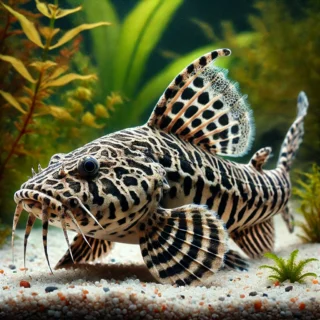
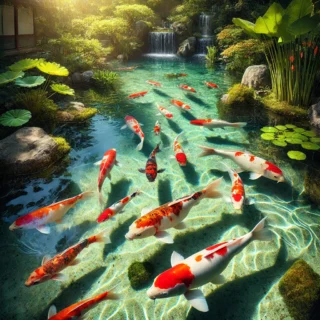
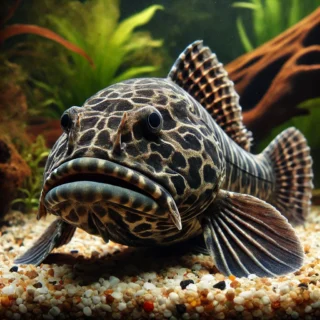

Reviews
There are no reviews yet.